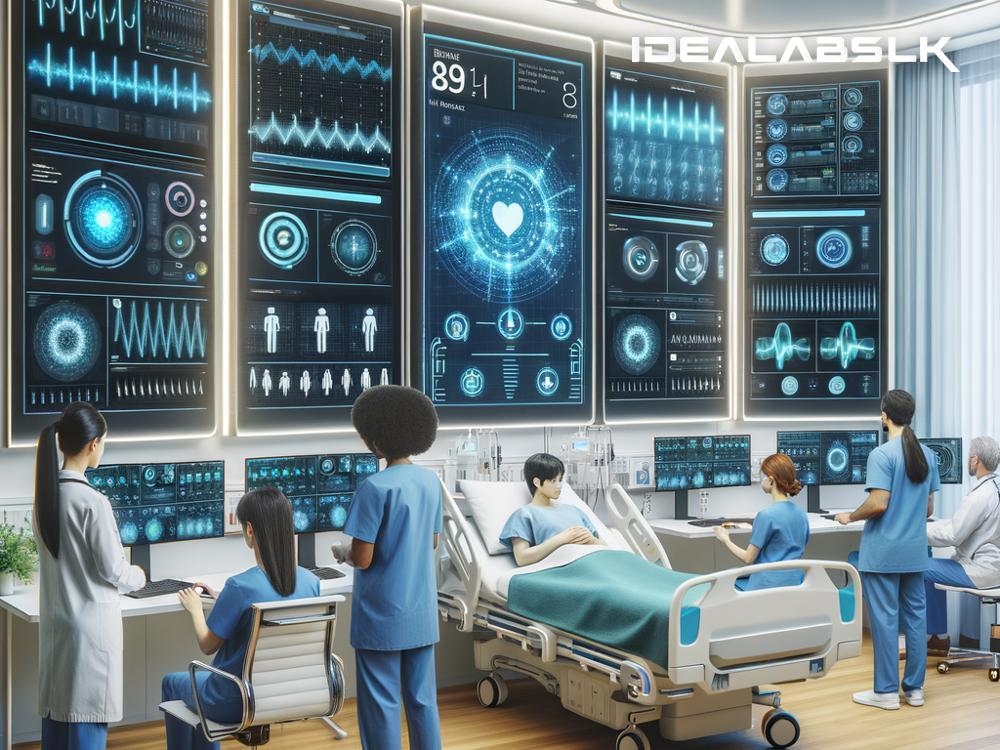The Future of Smart Hospitals: How the World of IoT and AI Will Change Healthcare Delivery
Imagine walking into a hospital where your medical history is immediately accessible, where devices predict your health needs before you even recognize them yourself, and where waiting times and misdiagnoses are things of the past. This is not a scene from a sci-fi movie but a glimpse into the future of smart hospitals powered by the Internet of Things (IoT) and Artificial Intelligence (AI).
What are Smart Hospitals?
Smart hospitals use advanced technologies like IoT and AI to make healthcare more efficient, accurate, and personalized. IoT refers to a network of physical devices, like wearable health monitors and hospital machinery, that collect and share data. AI involves machines performing tasks that typically require human intelligence, such as analyzing complex medical data.
How Will IoT and AI Improve Healthcare Delivery?
Enhanced Patient Monitoring
Through wearable devices and sensors, doctors can keep an eye on patients' vital signs in real-time, even from afar. This continuous monitoring allows for quick reactions to any changes in the patient's condition, potentially saving lives.
Predictive Analytics for Personalized Care
AI can analyze massive amounts of data from medical records and IoT devices to predict health trends. For instance, it could forecast potential outbreaks or identify patients at risk of chronic diseases. This means doctors can intervene earlier, offering preventative measures rather than just treating symptoms.
Reducing Errors and Improving Diagnoses
Mistakes happen, but in healthcare, they can have serious consequences. AI can help reduce errors by providing healthcare professionals with precise, data-driven insights. Moreover, it can assist in diagnosing diseases by recognizing patterns and anomalies in data that the human eye might miss.
Streamlining Hospital Operations
IoT can optimize hospital management, from tracking the location of medical equipment to ensuring medication is administered on time. This efficiency not only saves valuable time but also significantly reduces healthcare costs.
Enhancing Patient Experience
Gone will be the days of feeling like just a number in a crowded hospital. Smart hospitals aim to offer a more personalized experience. For instance, AI chatbots can provide patients with immediate answers to their queries, while smart rooms can adjust conditions like lighting and temperature to match patient preferences.
Challenges and Considerations
While the potential is enormous, transitioning to smart hospitals isn't without its hurdles. Privacy and security concerns stand at the forefront, given the sensitive nature of health data. Ensuring that these technologies are accessible to all, not just those who can afford them, is also crucial. Moreover, healthcare professionals need to be trained to work alongside these new technologies effectively.
The Path Forward
The road to fully realized smart hospitals will be gradual, requiring collaboration among tech companies, healthcare providers, and policymakers. Legislation around data use and privacy will need to evolve, and ongoing research into AI's ethical implications will be essential.
Conclusion
The transition to smart hospitals represents a leap forward in how we approach healthcare. By harnessing the power of IoT and AI, we're not only looking at a future where medical care is more effective and efficient but also one that's more personalized and patient-centered. It's an exciting time, and while challenges lie ahead, the potential benefits to both healthcare providers and patients are immense. The vision of smart hospitals is not just about adopting new technologies; it's about reimagining the future of healthcare delivery for the betterment of all.

